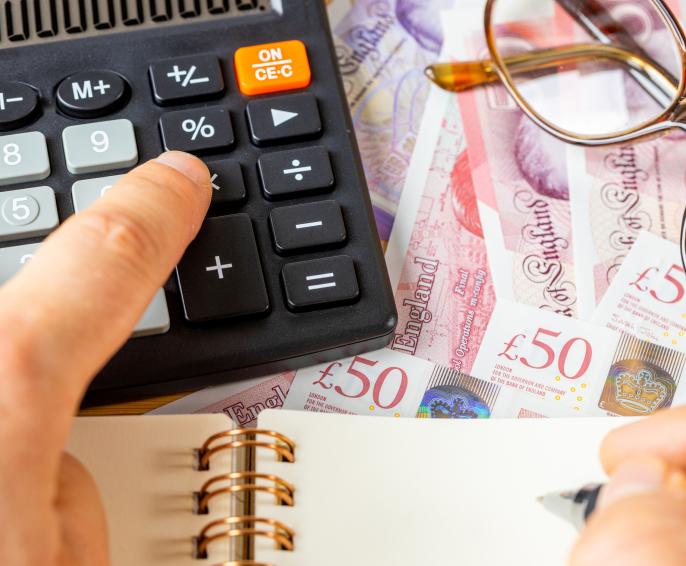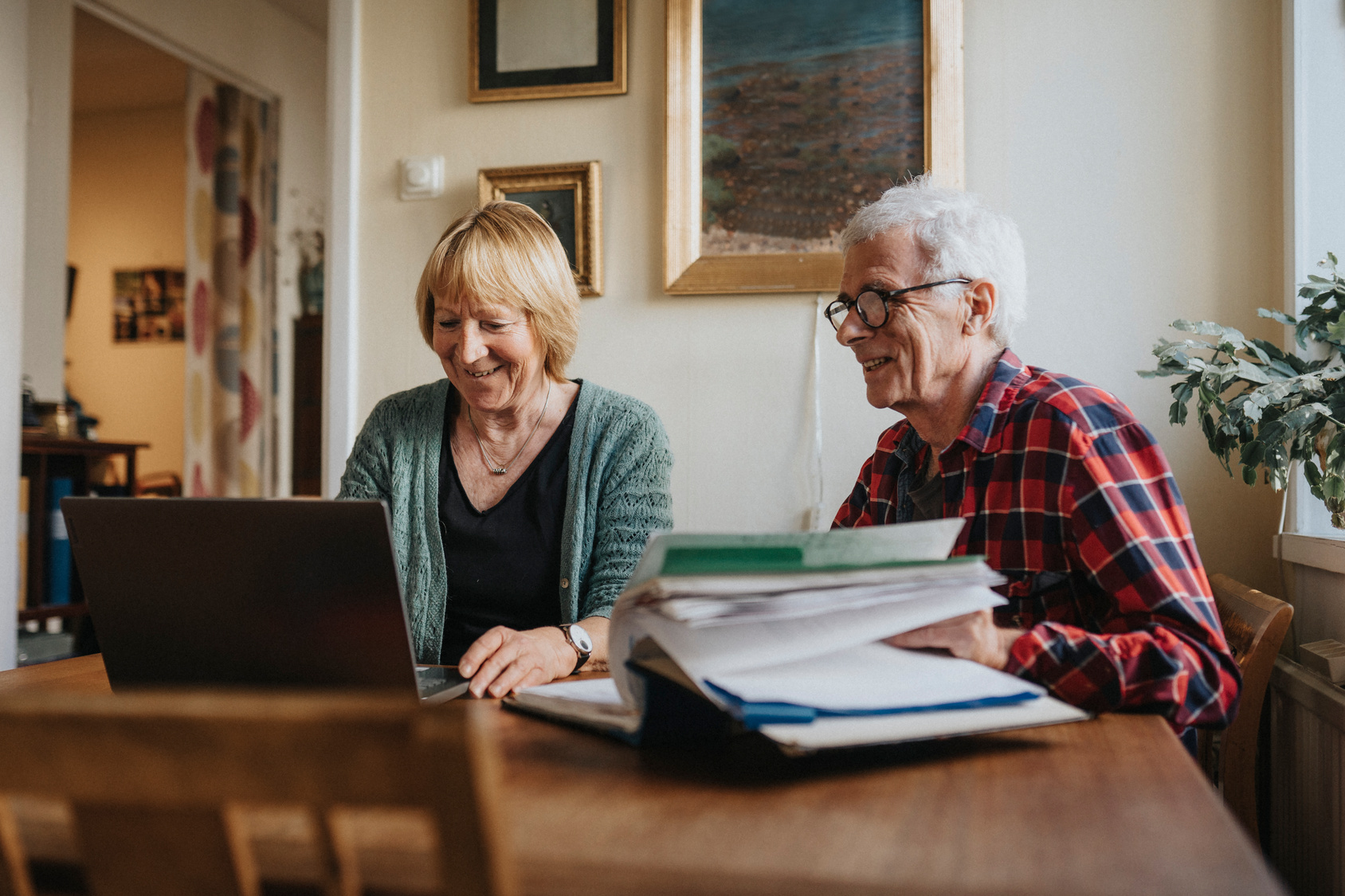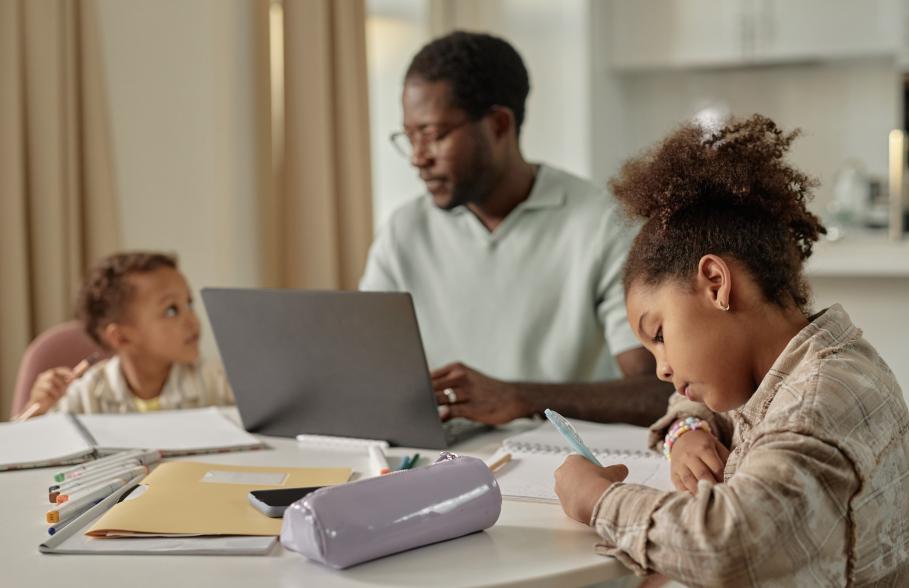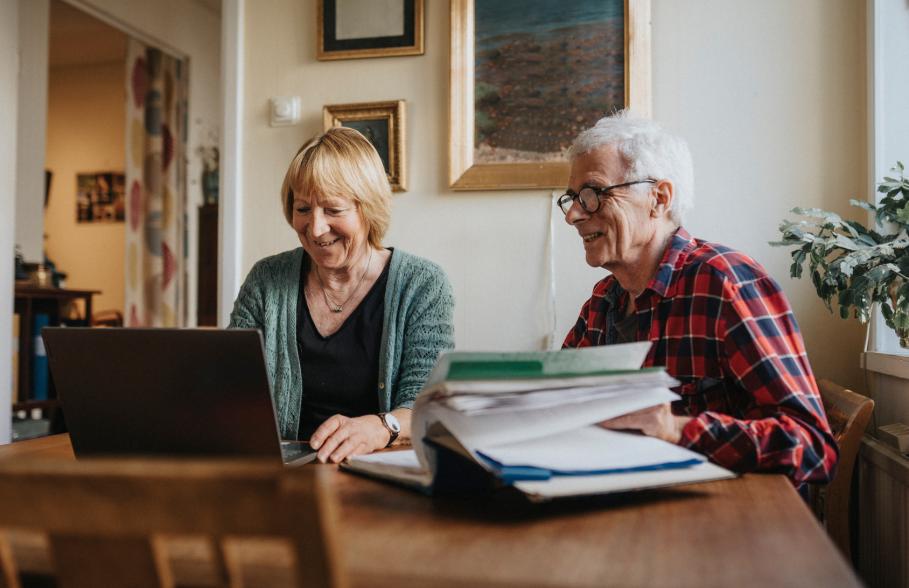Step 1 - Work out how much income you'll need
Each of us is different – with different hopes and aspirations. Did you know that a moderate income in retirement, for those without any housing costs, is about £31,000 a year?
A really good first step is to find out the level of income you are on track to receive when you finally stop work. Start finding out about all your pensions, and add up how much these will pay you. Once you have a good idea of the income you might have when you retire, check this against the Retirement Living Standards.
Don't forget any pensions your spouse, civil partner, or life partner might have too. Remember to include your State pension. It's easy to forget old pensions you might have from a previous job. Find out about any previous pensions you have using the link below.
If you're not on course to receive the full state pension, you might be able to pay top-up contributions, this website can help you decide if topping up your State pension is right for you.
If you need to find out more about how your pension with us works, go to Pension Schemes.

Retirement living standards
Discover what life in retirement looks like at three different levels.
Step 2 - Start to save that little bit extra (if you can)
Finding the money to save extra into your pension isn't easy, but as they say, every penny counts. It's never too late to start.
Think of saving into your pension as a long-term savings plan, but with tax relief. Every time you save money into your pension, you get tax back from the government. This tax relief happens every time you save money into your pension, up to a limit. On top of all this, your savings can be ethically invested, so you can feel comfortable that your money is doing good in the world.
Saving a little extra into your pension is called saving Additional Voluntary Contributions, or AVCs for short. You can start saving or change your AVCs at any time. The easiest way to save is monthly through your stipend or pay as all the tax relief is dealt with for you and added straight back into your pay.
You can save one-off amounts, which is a great way to give your savings a boost. If you do this, you can claim tax back through a tax return.
To start saving AVCs, go to Pensions Schemes and head to your pension scheme to find the AVC application form.
Find out how saving that little bit extra into your pension can improve your pension using these two tools. You might be surprised how quickly your pension savings start to build up. But remember, only save what you can afford. Saving money into your pension is not like a savings account, once you put money into your pension, you can't access it again until you retire.

Pension calculator tool
See how increased pension contributions can affect your yearly pension.
Step 3 - What if life changes?
Sometimes life can take us in different directions. There are a number of life events we might face, such as:
- having children
- getting married or entering a civil partnership
- changing job
- moving house
- getting divorced
- becoming too ill to work
Each of these events can affect your plans and your pension in different ways. For example, a change in your family circumstances could be a great time to update your nomination, so any lump sum we pay when you die goes to the people you want it to go to.
Changing job or moving house might see you have more or less money than you are used to. This could be an ideal time to review how much you are saving into your pension.
if you become too ill to work, speak to your employer, but also speak to us. We can talk you through how you might be able to access your pension early.

Looking for financial advice?
To ensure you are on the right track, we have partnered with Ecclesiastical Financial Advisory Services who are specialists in advising those who work or serve for the Church of England.
Step 4 - Think ahead to where you might live
Thinking about where you might live when you retire might be more relevant for Clergy living in tied accommodation.
With our portfolio of retirement properties across England and Wales, we can often help Clergy and their families find a retirement home. We have just under 1,200 homes let through our rental scheme, while our Community Living option provides individuals with the opportunity to have their own flat (and privacy), while being part of one of seven vibrant retirement communities. We can also offer help to explore options with other providers, including those that specialise in or offer advice around home ownership at retirement.
If you are within five years of retiring and you are not sure where you will live, we really want to hear from you.
These are great questions to ask yourself if you are planning on moving in retirement.
- Where do I want to be?
- What type of property do I want to live in? And what do I need as a minimum?
- Will it be my forever home, or am I likely to move later in life?
- Will I have the resources to afford the property I want, or will I need help?
- What are the transport links like? Can you easily visit family and friends?
- Are there shops nearby?
- Where is the closest Church?
Try not to leave this too late. Rushing to find a retirement property can add more pressure. The earlier you start looking, the more options you are likely to have.
Remember, when you are checking your pensions against the Retirement Living Standards (step 1), if you will have housing costs in retirement you will need to add these costs in.




